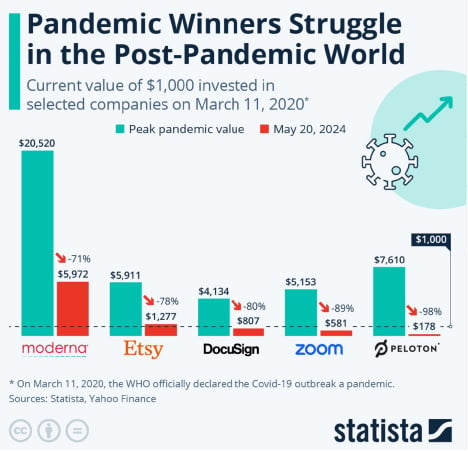












Legacy department stores Macy’s and JCPenney have managed to hang on while many of their mall anchor peers such as Sears and Bon-Ton have been retired to the retail graveyard. Each company is trying to avoid joining that list of once iconic American brands that have faded into nostalgia, but they are going about it in very different ways. Macy’s is attempting a pivot away from malls and big stores to the open-air shopping center that is now the dominant form of suburban American retail. Meanwhile, JCPenney is hoping a refreshed store experience can lure shoppers back to the mall. Retail Dive’s Daphne Howland takes a look at the pros and cons of each approach in this article >>

In this interview with Brookfield Properties CEO Kevin McCrain, the mall owner asserts that the death of the mall was a ‘myth’ citing data that shows shoppers, especially in the Gen Z cohort, continue to view the mall as a prime place to hang out, dine, and shop. While retail assets must constantly evolve, McCrain says the mall will always be in the mix. Read More >>

Video of the Month: Consumers return over $700 billion of merchandise each year, roughly 15% of all purchases made. While most retailers will admit having a generous return policy is just good customer service, they will also tell you that returns hurt margins and drive up prices. Most people return goods in good faith due to damages or poor fit; however ‘problem’ returners often take advantage of loopholes in the system to defraud stores. In this video from CNBC, learn how retailers like TJ Maxx and Home Depot are combatting return fraud >>



Another year, another ICSC convention in Las Vegas. Over time, whether retail is in boom or bust mode, this event remains the pinnacle of retail real estate calendar. From one perspective, the industry is seemingly in a boom mode. But this boom looks and feels quite different than industry veterans may have come to expect.
Why the boom? Well, as has been covered here and elsewhere around the business trade, with little new development in the pipeline competition for available space has never been fiercer. Available space is at an all-time low, while the list of chains looking to expand by 50 or more locations annually seemingly gets longer each year. As a result, retail bankruptcies like Bed Bath & Beyond, Red Lobster, and 99 Cents Only are almost seen as good news for landlords as these locations have waiting lists of new tenants waiting to take over the best spaces. Coming out of Vegas, Dollar Tree announced it was the winning bidder to open new locations in a whopping 112 former 99 Cents Only locations. Replacing a watchlist mainstay with the solid credit of an industry leader like Dollar Tree just made a whole lot of asset managers very happy.
However, not all seems to be sunshine. Recent economic headlines have highlighted consumers trading down as inflation and credit card debt are beginning to make a dent in household spending. Meanwhile continued high interest rates have put the brakes on transaction volume, making deals harder to get done. Rising construction costs amid a labor shortage also makes the economics of opening new stores more difficult, even as retail still sees white space for expansion.
If there was one key theme I took from this year’s meetings, it was “creativity.” Landlords I talked to were finding new strategies to fuel their growth, such as Site Centers transformation to Curbline Properties – in essence the former DDR Corp. has traded in its power center portfolio to become the first consolidator of unanchored strip centers. Another firm I talked to is partnering with local investors in rural America to transform dated retail into more productive uses, which comes just as chains like Chipotle, Ulta, and Five Below shift their attention to smaller markets after conquering the cities and suburbs over the last few decades.
Every new business cycle brings new risks, but behind every risk is an opportunity someone will be willing to take on. That is the dynamism that has helped the American economy withstand pressures time and time again and inside the Las Vegas Convention Center each May, you can see these changes happening before your eyes if you know where to look.
Mike Jordan

Once again, we pay tribute a musical legend who has left us all too young. Legendary recording engineer Steve Albini passed away at age 61 after suffering a heart attack at his Chicago studio earlier this month. Albini’s time as a musician in bands such as Big Black and Shellac would be enough to cement his reputation as a giant of indie rock, however his work behind the mixing desk on landmark albums by The Pixies, Nirvana, PJ Harvey, Page & Plant, Silkworm, and countless more meant that any rock fan who came of age in the 1990s was likely influenced by Albini’s “live in the room” approach to recording bands. Perhaps even greater than his sonic influence was Albini’s complete dedication to the DIY ethics that emerged in American underground music and his steadfast belief in remaining accessible to bands at all levels of commercial success (or lack thereof). One such group was a post-punk quartet called Superchunk from Chapel Hill, North Carolina who recorded their second album, No Pocky For Kitty, with Albini in 1991 before becoming a staple on college radio playlists in the 90s and beyond. Listen to “Throwing Things” here >>